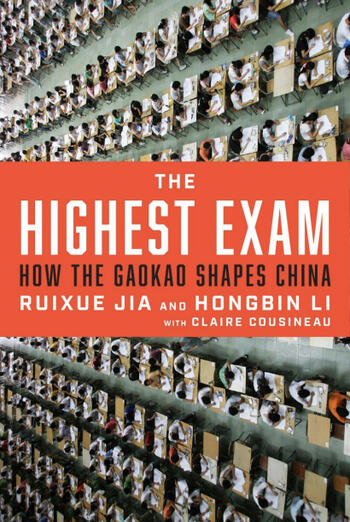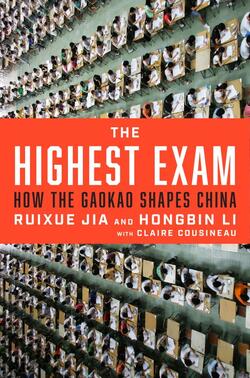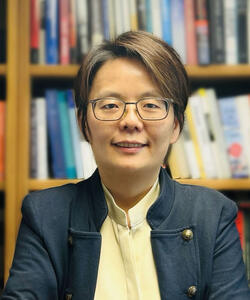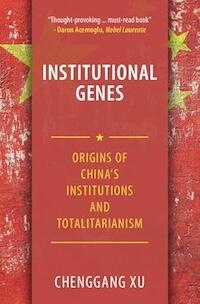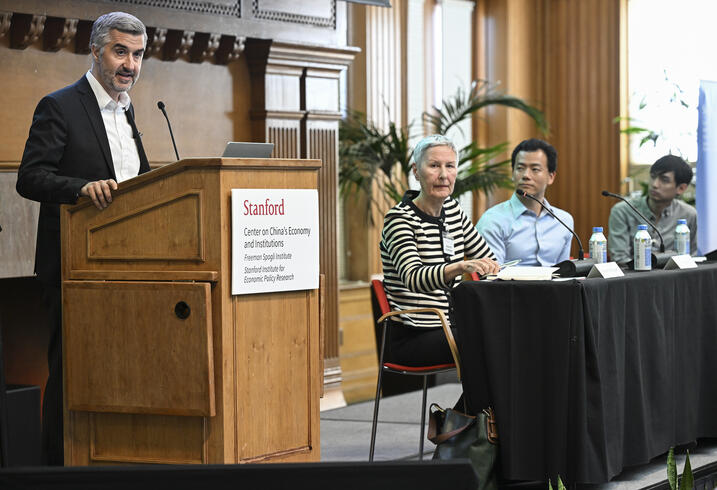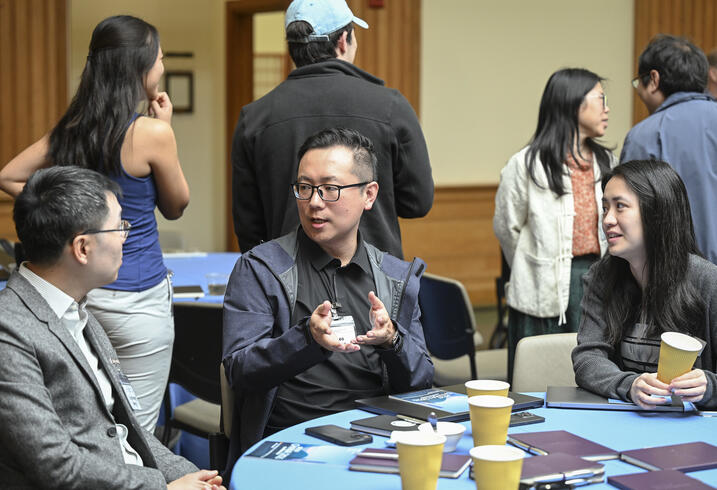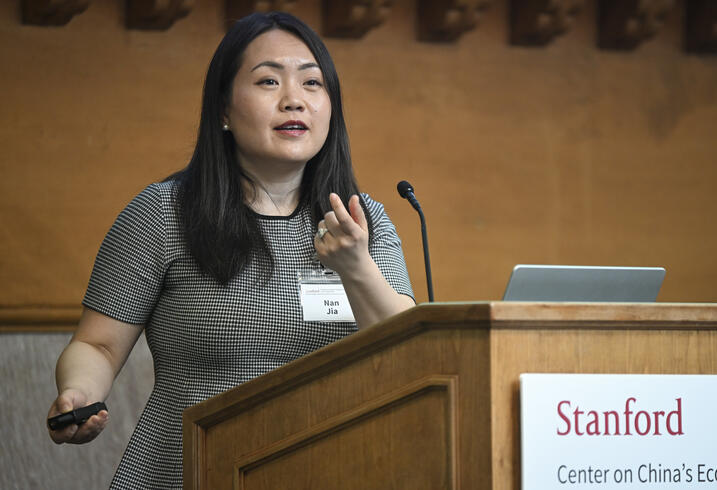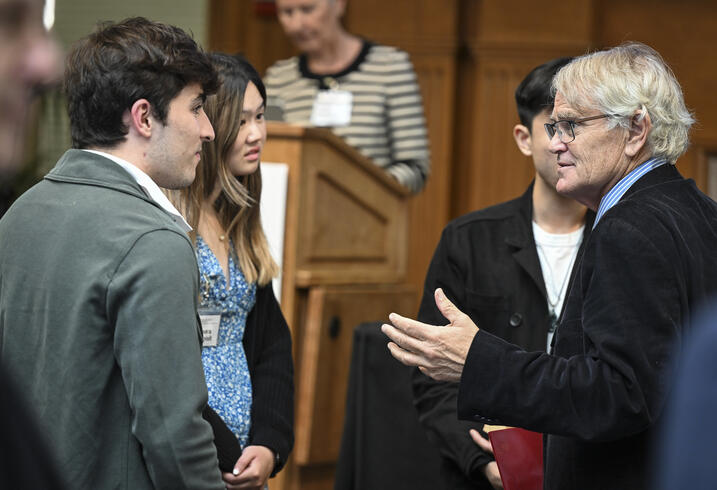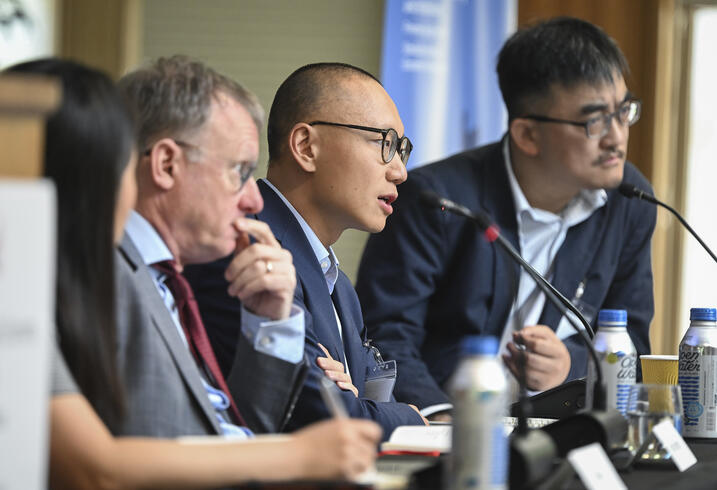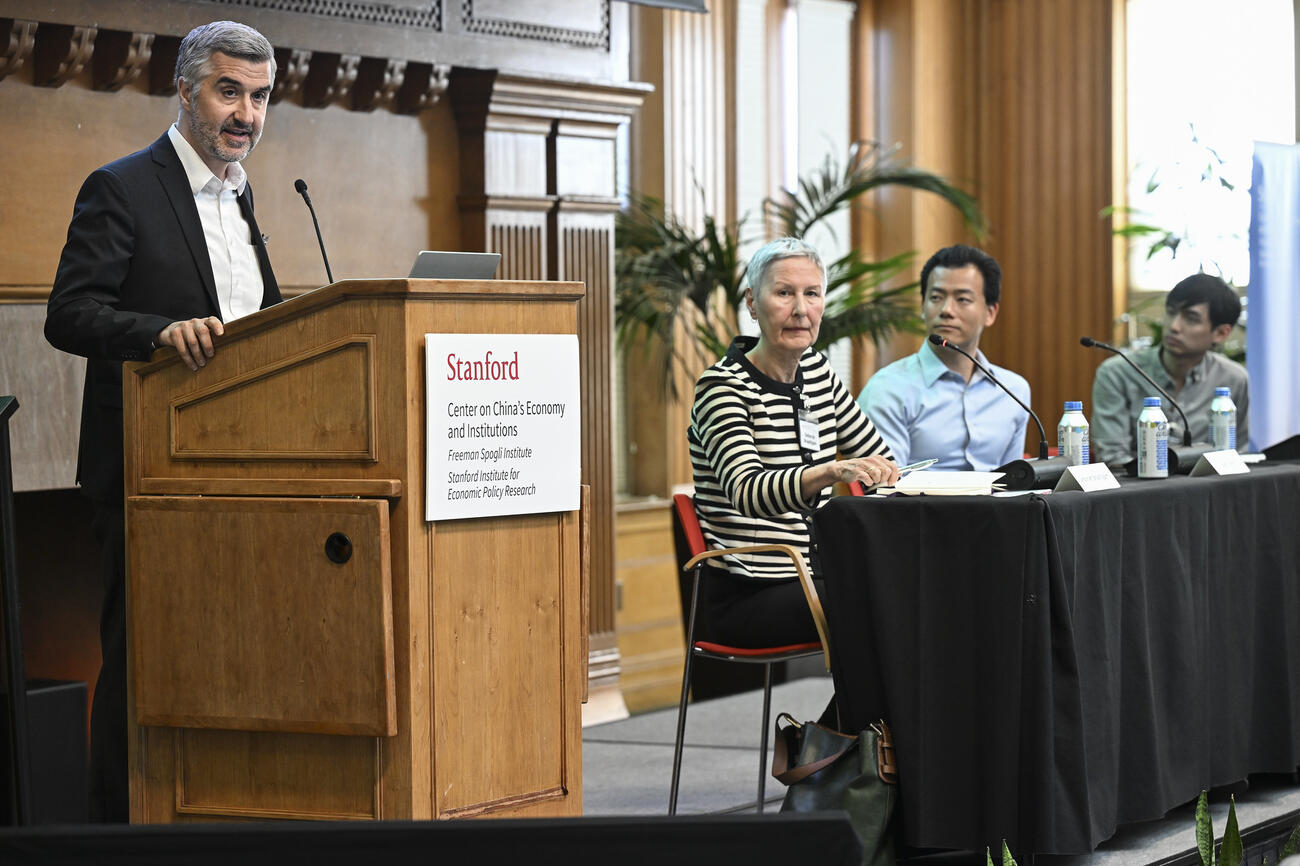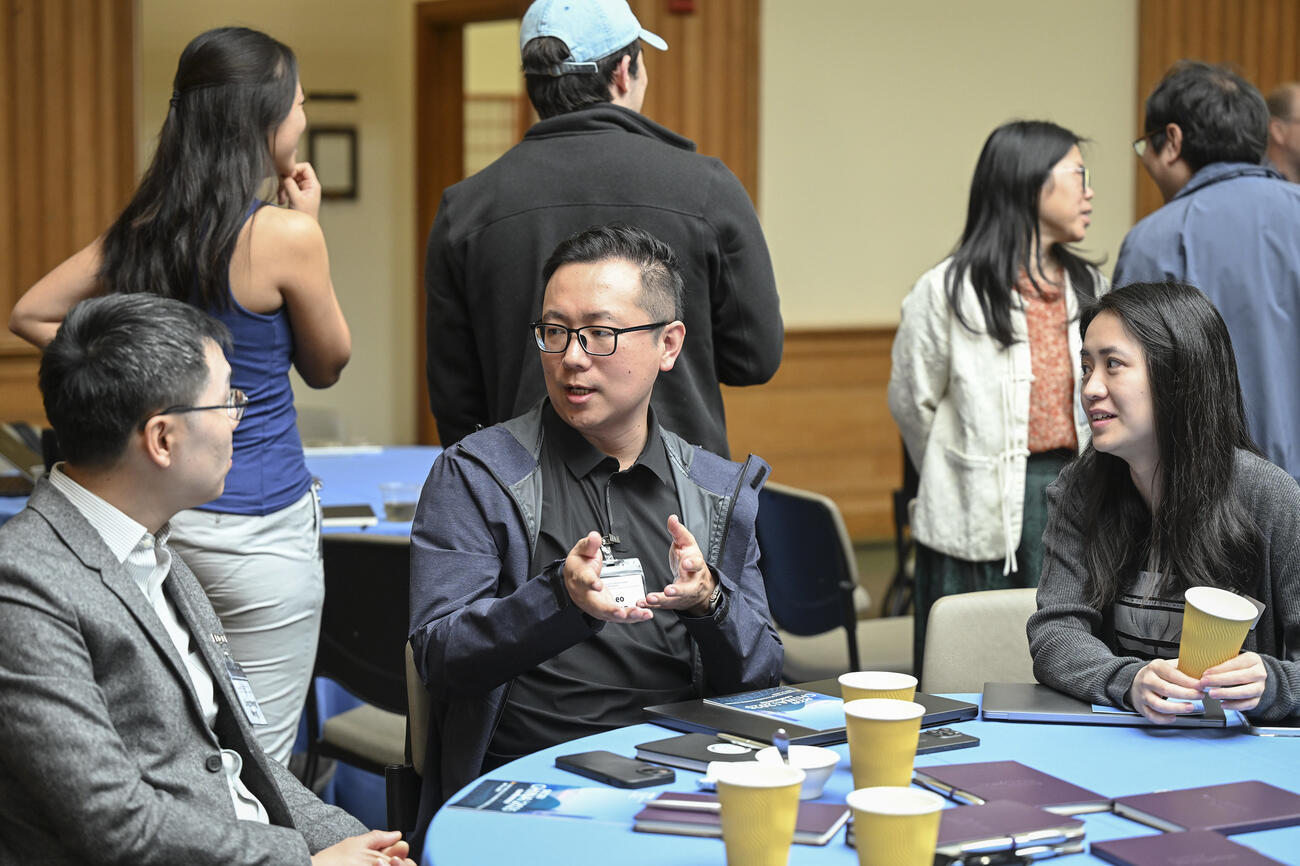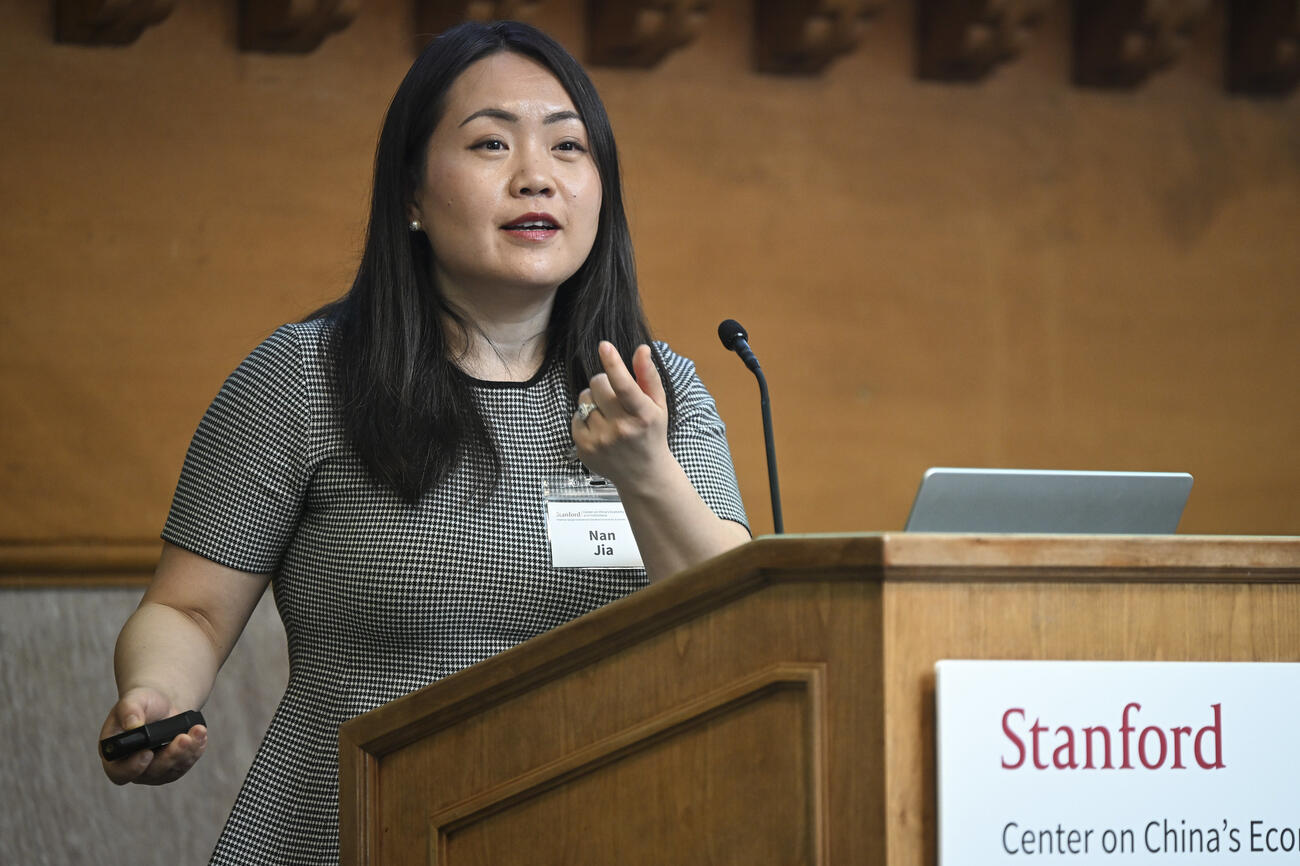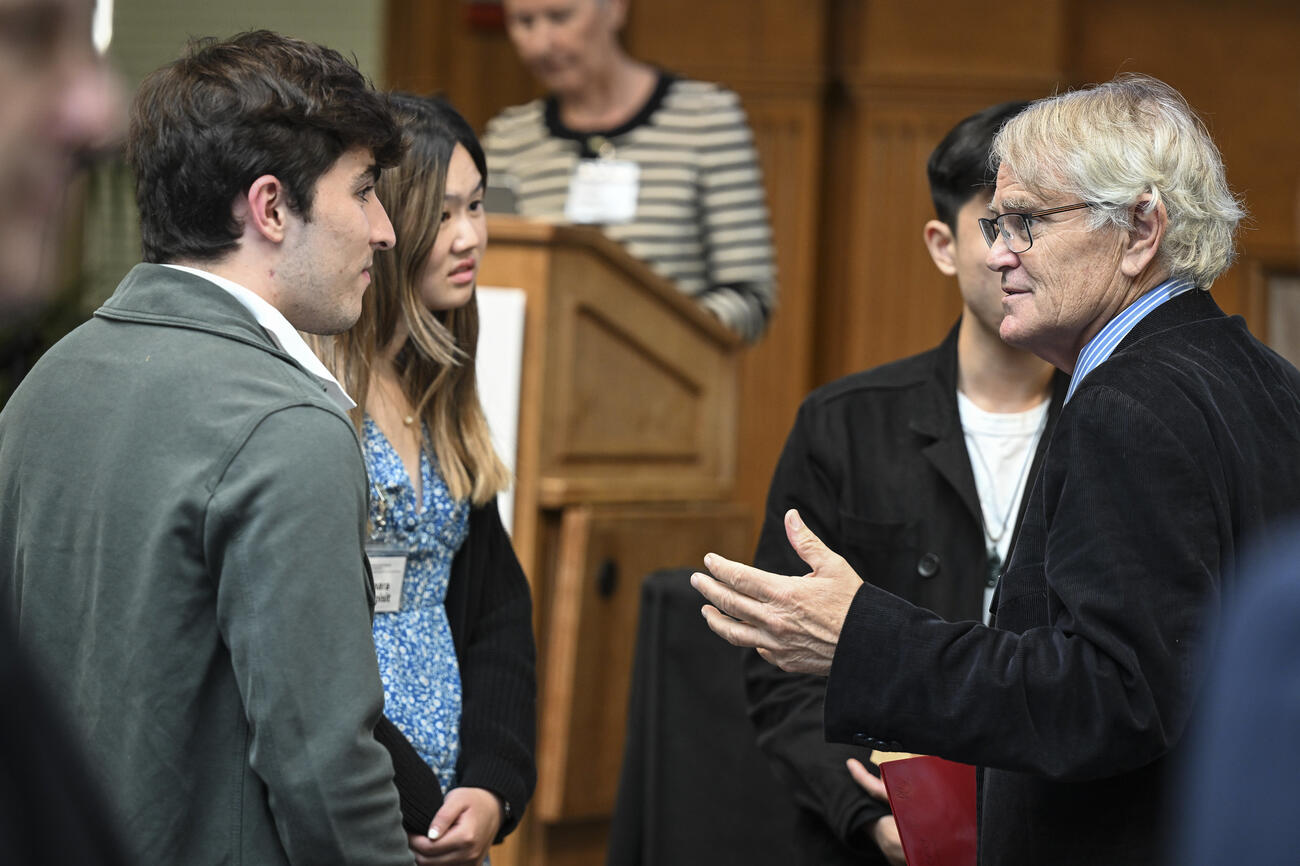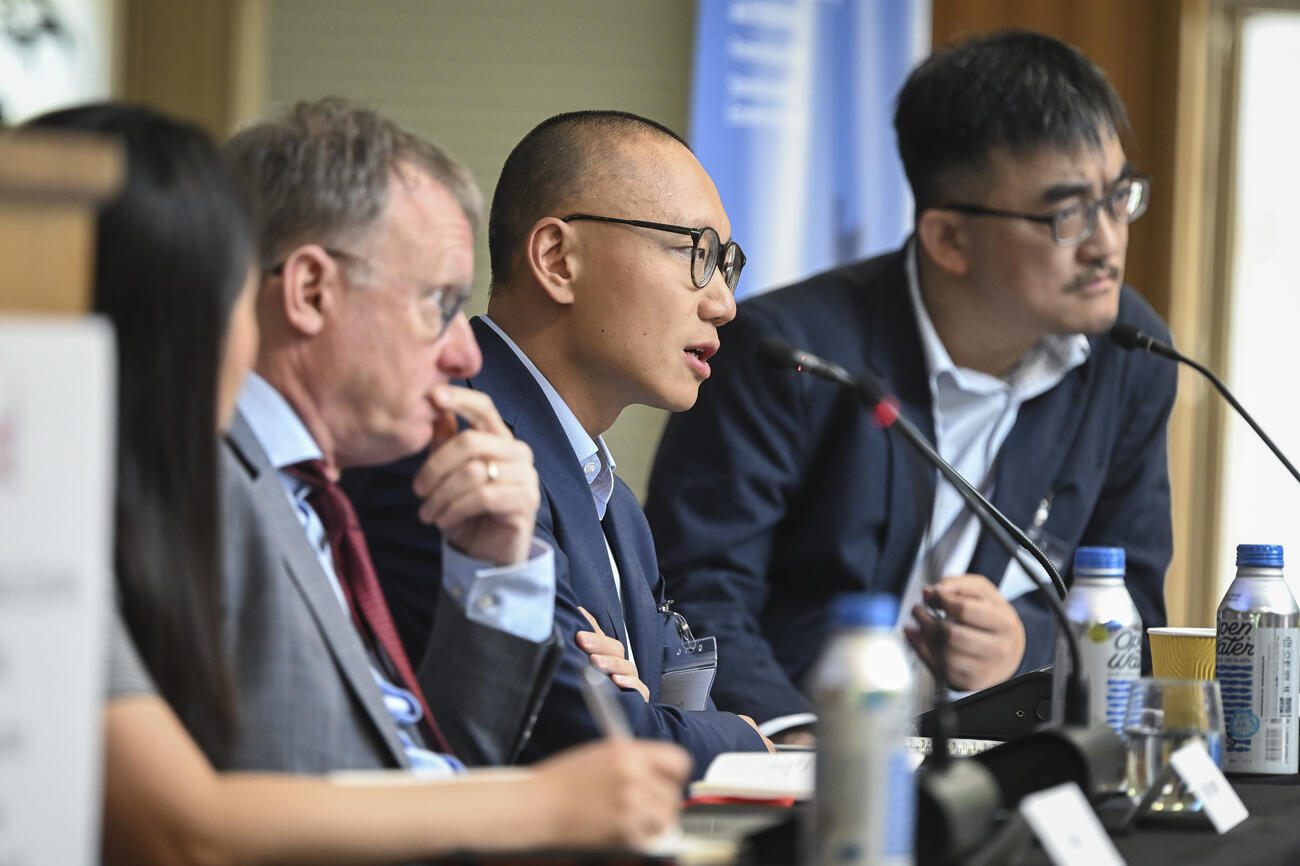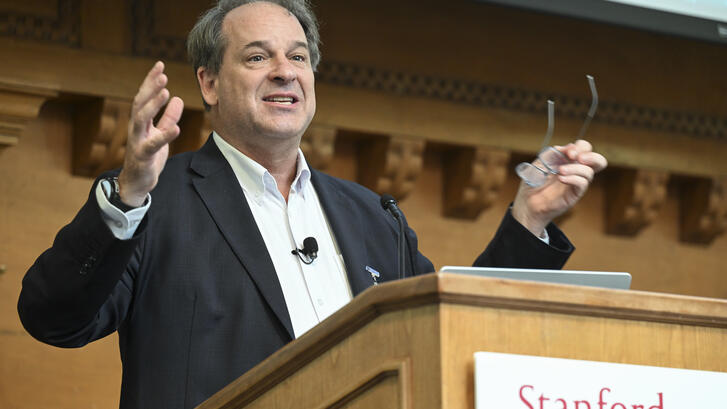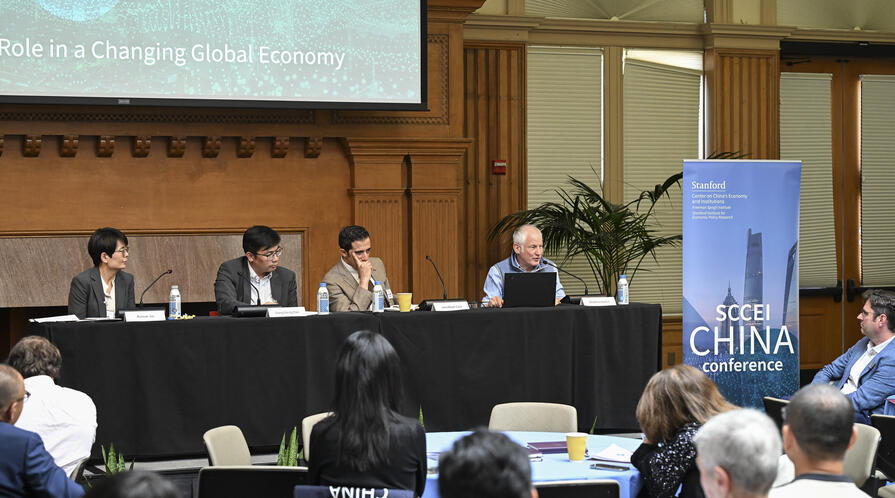About the Speakers

Loren Brandt is the Noranda Chair Professor of Economics at the University of Toronto specializing in the Chinese economy. He is also a research fellow at the IZA (The Institute for the Study of Labor) in Bonn, Germany. He has published widely on the Chinese economy in leading economic journals and been involved in extensive household and enterprise survey work in both China and Vietnam. With Thomas Rawski, he completed Policy, Regulation, and Innovation in China’s Electricity and Telecom Industries (Cambridge University Press, 2019), an interdisciplinary effort analyzing the effect of government policy on the power and telecom sectors in China. He was also co-editor and major contributor to China’s Great Economic Transformation (Cambridge University Press, 2008), which provides an integrated analysis of China’s unexpected economic boom of the past three decades. Brandt was also one of the area editors for Oxford University Press’ five-volume Encyclopedia of Economic History (2003). His current research focuses on issues of entrepreneurship and firm dynamics, industrial policy and innovation and economic growth and structural change.

Mary E. Lovely is the Anthony M. Solomon Senior Fellow at the Peterson Institute. She served as the 2022 Carnegie Chair in US-China Relations with the Kluge Center at the Library of Congress. Lovely is professor emeritus of economics at Syracuse University's Maxwell School of Citizenship and Public Affairs, where she was Melvin A. Eggers Economics Faculty Scholar from 2010 to April 2022. She was coeditor of the China Economic Review during 2011–15.
Her current research projects investigate the effect of China's foreign direct investment policies on trade flows and entry mode, strategic reform of US tariffs on China, and recent movements in global supply chains. Lovely earned her PhD in economics at the University of Michigan, Ann Arbor and a master's degree in city and regional planning from Harvard University.

Scott Rozelle is the Helen F. Farnsworth Senior Fellow and the co-director of Stanford Center on China's Economy and Institutions in the Freeman Spogli Institute for International Studies and Stanford Institute for Economic Policy Research at Stanford University. He received his BS from the University of California, Berkeley, and his MS and PhD from Cornell University. His research focuses almost exclusively on China and is concerned with: agricultural policy, including the supply, demand, and trade in agricultural projects; the emergence and evolution of markets and other economic institutions in the transition process and their implications for equity and efficiency; and the economics of poverty and inequality, with an emphasis on rural education, health and nutrition.
In recognition of his outstanding achievements, Rozelle has received numerous honors and awards, including the Friendship Award in 2008, the highest award given to a non-Chinese by the Premier; and the National Science and Technology Collaboration Award in 2009 for scientific achievement in collaborative research.
Dr. Xiaonian Xu is Professor Emeritus at CEIBS, where he held the position of Professor of Economics and Finance from 2004 to 2018. In recognition of his contributions, he was named an Honorary Professor in Economics from September 2018 to August 2023.
Dr. Xu earned his Ph.D. in Economics from the University of California, Davis, in 1991, and an MA in Industrial Economics from the People's University of China in 1981. In 1996, he was awarded the distinguished Sun Yefang Economics Prize, the highest honor in the field in China, for his research on China’s capital markets. His research interests include Macroeconomics, Financial Institutions and Financial Markets, Transitional Economies, China’s Economic Reform, Corporate Strategy and Digital Transformation. His publications include: Freedom and Market Economy, There has Never been A Savior, China: Market Economy or Planned Economy, the Nature of the Business and the Internet, and the Nature of the Business and the Internet, 2nd Edition.
A dedicated educator, he has been recognized with the CEIBS Teaching Excellence Award in 2005 and 2006, as well as the esteemed CEIBS Medal for Teaching Excellence in 2010.
